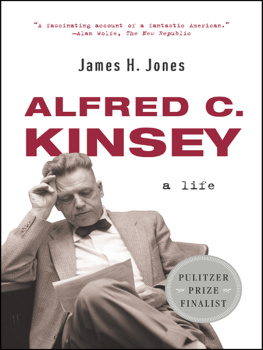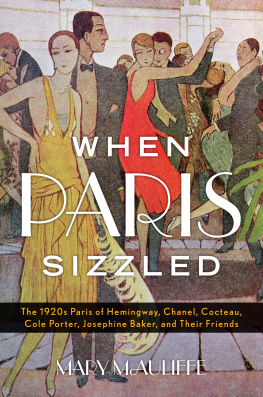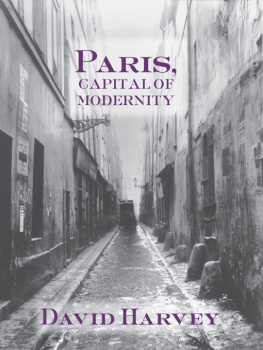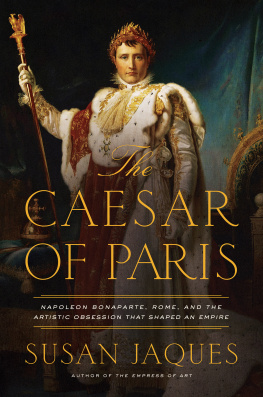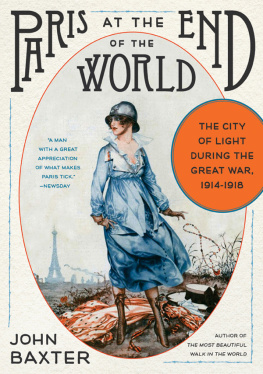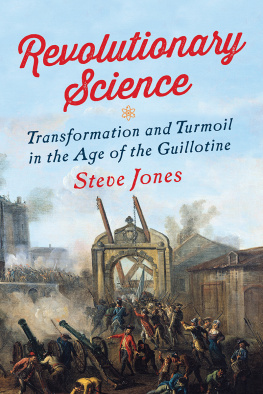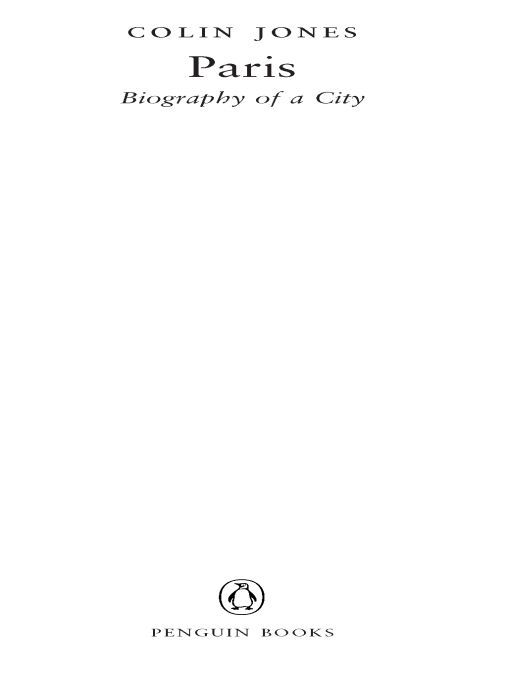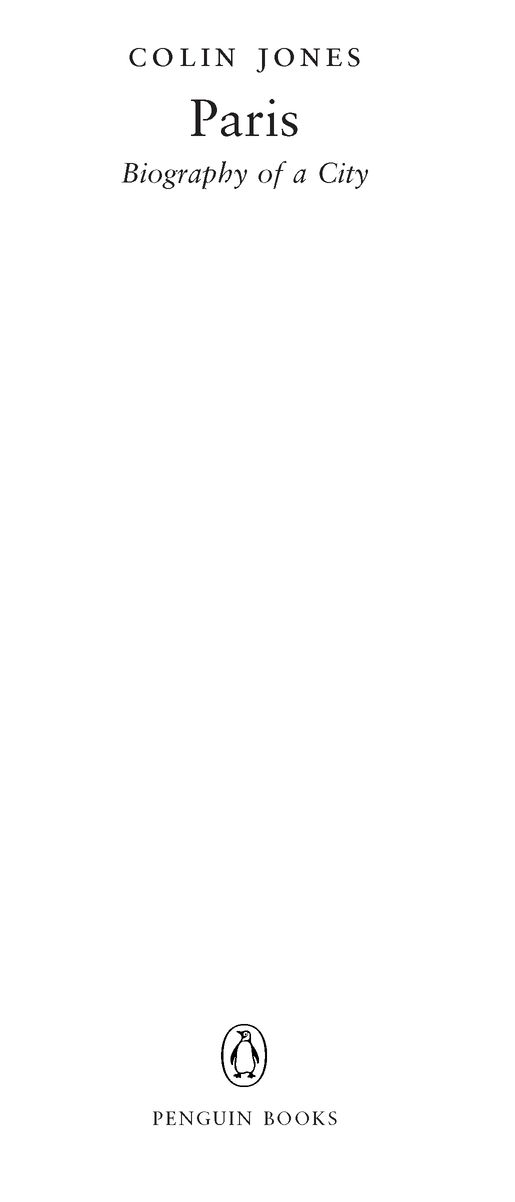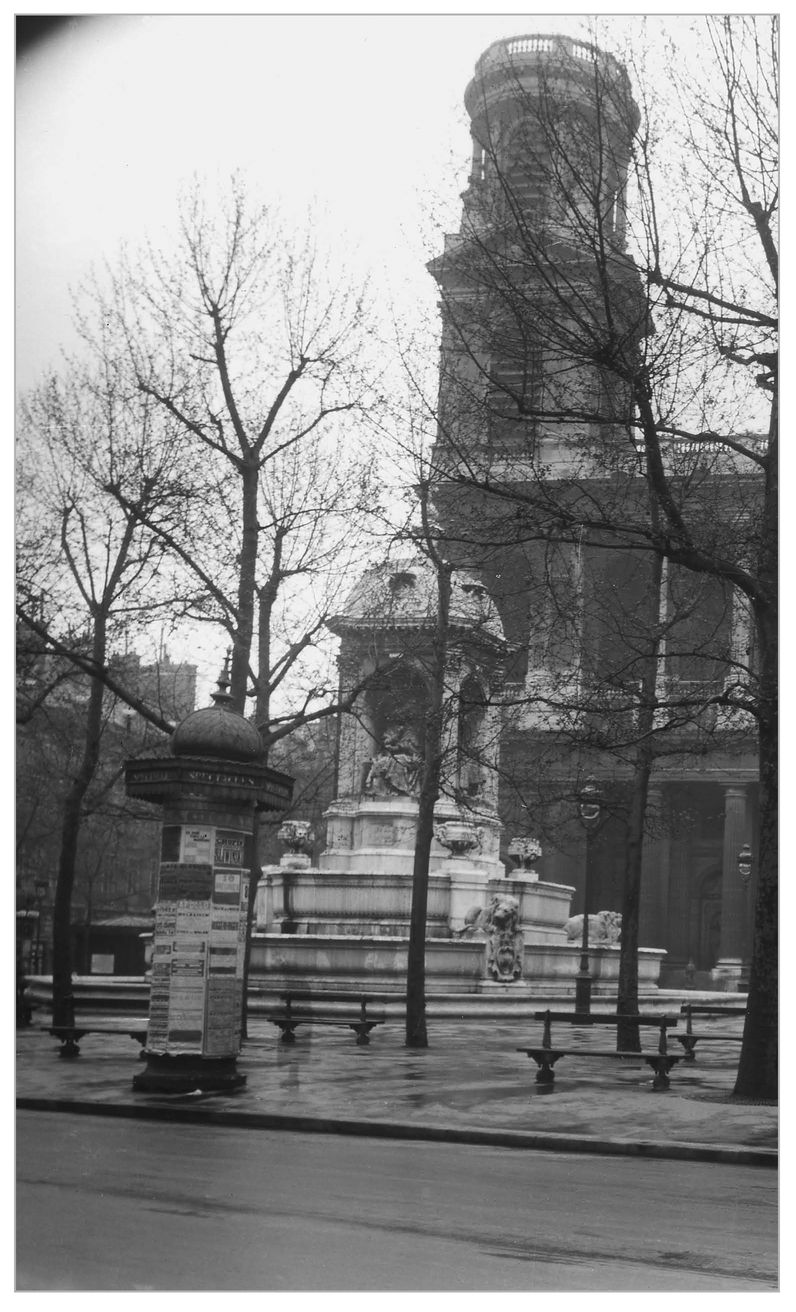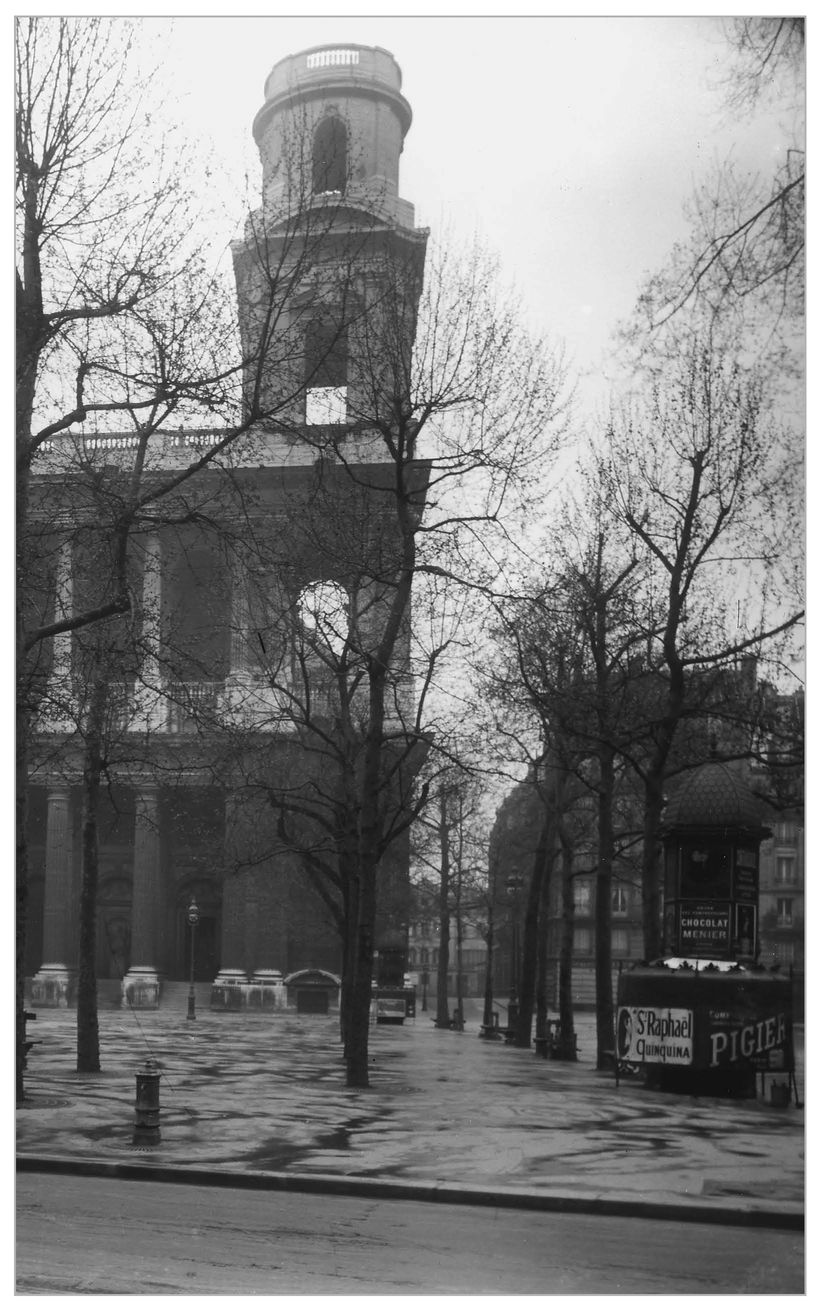Table of Contents
Praise for Paris
Fascinating. Covers virtually all that one could wish to know about the focal point of civilization (Victor Hugos description of the city). One wants to visitor revisitParis armed with this new knowledge and enrichment. Those unable to do so soon can become armchair flaneurs, ambling through the city in their imaginations and appreciating all that Paris has to offer as they peruse its biography. An embarrassment of riches.
The Christian Science Monitor
A highly readable and illuminating canter through the history of a much-loved city.The Economist
A remarkable account of the most celebrated city in the world that blends history, literary sensibility, and experience in an understated, affectionate, but not sentimental voice. Anyone who loves Paris will find connections and revelations here.Publishers Weekly (starred review)
Delightful. No matter how many books about Paris you have read, you will enjoy this one greatly. Clearly and lovingly written, this history of Paris from Roman times to the present will make you want to be there, if you havent been; and it will help you figure it out if you are there already. This is a very Parisian book: elegant, thoughtful, informed, and thoroughly engaging. Patrice Higonnet, coauthor of Paris, Capital of the World
Praise for The Great Nation: France from Louis XV to Napoleon also by Colin Jones
Superb... Jones tells the story as lucidly, vividly and accurately as anybody, perhaps, since Tocqueville.
Felipe Fernandez-Armesto, The Sunday Times (London)
This brilliantand brilliantly readablebook is the best history of eighteenth-century France available in any language... a masterly combination of narrative and analysis.T.C.W. Blanning
Triumphantly successful... has placed all rivals in all languages in the shade... Joness ability to transmute a complex century into some six hundred pages of fast-paced and lucid prose is exemplary.The Economist
This is a work that merits the French designation magistral: masterly and authoritative.Financial Times
ABOUT THE AUTHOR
Colin Jones is professor of history at the University of Warwick. His books include The Longman Companion to the French Revolution, The Cambridge Illustrated History of France, The Medical World of Early Modern France (with Laurence Brockliss), Madame de Pompadour: Images of a Mistress, and the acclaimed The Great Nation: France from Louis XV to Napoleon.
For Jo
[Eugene de Rastignac] looked down [from the Pre-Lachaise cemetery] on this humming hive in a way which seemed to draw a foretaste of its honey, and spoke these grandiloquent words: Its between you and me now! ( nous deux maintenant )
Balzac, Le Pre Goriot
Haussmann, faced with a city plan of Paris, takes up Rastignacs cry of nous deux maintenant!
Benjamin, The Arcades Project
One can never say, like Rastignac, Paris, nous deux maintenant , but always Paris, nous deux millions!
Latour and Hermant, Paris ville invisible
From the heights of Pre-Lachaise, Rastignac declared to the city, nous deux maintenant! I say to Paris, adorable!
Barthes, Fragment dun discours amoureux
Introduction An Impossible History of Paris?
One never sees Paris for the first time; one always sees it again... Edmondo De Amicis (1878)
Writing the Impossible History of Paris
In 1975 the avant-garde writer Georges Perec undertook to record what took place in a single Parisian square in a period of less than twenty-four hours, spread over three consecutive October days. In his Tentative dpuisement dun lieu parisien (1975),1Notes Towards an Exhaustive Account of a Parisian SitePerec explained that he chose the Place Saint-Sulpice in the Sixth arrondissement for his experiment. The site was moderately well equipped with the adornments of a modern city: a town-hall, a tax office, a police station, three cafs (one of which was also a tobacconist), a cinema, a famous and historic church, a publisher, a funeral parlour, a travel agent, a bus stop, a tailor, a hotel, a fountain, a newspaper kiosk, a shop selling religious objects, a parking lot, a beauticianand lots of other things. His aim, however, was to leave all these out of his range of vision and to describe the restwhat happens when nothing happens except the passing of time, people, cars and clouds.
The chronicle runs to nearly sixty pages. It is written in a terse, lapidary, informational style.
Three children being taken to school. Another apple-green deux-chevaux car.
The pigeons fly round the square again.
A 96 bus passes, stops at the bus-stop (Saint-Sulpice section); Genevive Serreau
gets off and takes the Rue des Canettes. I call out to her, knocking on the caf window,
and she comes to say hello.
A 70 bus passes.
The church bell stops.
A young girl eats half a cake.
A man with a pipe and a black bag.
A 70 bus passes.
A 63 bus passes.
It is 2.05 P.M.
The experiment concludes:
Four children. A dog. A little ray of sunshine. The 96 bus. It is 2 oclock.2
Perecs efforts to chronicle a Parisian site exhaustivelycovering the equivalent of less than a day in the life of the empty spaces of a single Parisian squareyielded a small book.
Let us now examine, through Perecs prism, the task confronting historians who undertake to write the history of the whole city of Paris, rather than a fleeting moment in the life of a single urban square within it. History is normally defined as a discipline which records what happened in the past (and not only the passage of time, people, cars and clouds). And in the history of Paris a lot has indeed happened. Thus in writing its history we historians try to achieve rather more than Perecs aim of chronicling, in a single location, what happens when nothing happens. Yet we find ourselves facing the following daunting facts about our subject (which I set out in a Perecquian manner):3
number of squares: 670
number of streets and boulevards: 5,975
length of public highways: 5,959 kilometres
number of municipal buildings: 318
number of fountains: 536
number of public monuments: 40,000
number of shops: 62,546
number of buses: 4,364
number of bus routes: 275
number of bus-stops (banlieue excluded): 1,754
number of taxis: 14,900
number of traffic lights: 10,800
number of cafs: 2,050
number of hairdressers: 2,845
number of beauty parlours: 67
number of funeral parlours: 157
number of pigeons: 60,000
number of dogs: 200,000
number of public conveniences: 498
kilometrage of visitable underground tunnels: 300
number of individuals resident in the city of Paris: 2.1 million
number of private households: 1.1 million




